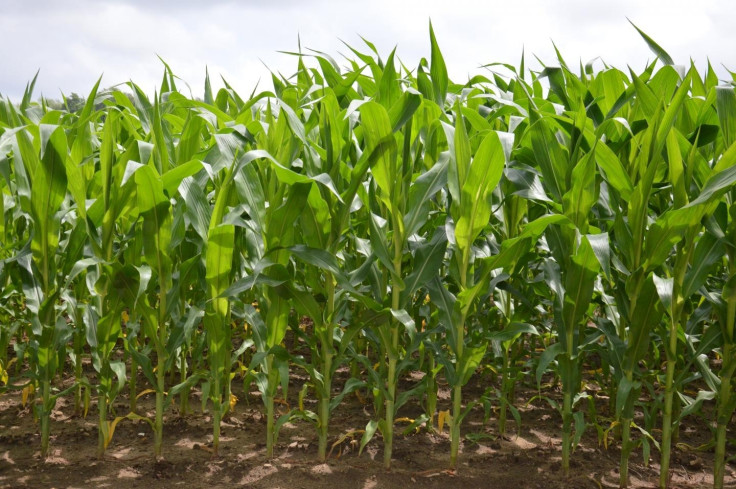Scientists use genetics to make corn more nutritious - helping millions of the world's poorest people
Millions of people around the world would benefit from the corn.

Scientists have developed an efficient method to genetically boost the nutritional value of corn – the world's largest commodity crop – by inserting a gene that that causes it to produce a key nutrient.
The finding could potentially benefit millions of people in low-income countries who depend on corn as a staple, as well as significantly reducing worldwide corn animal feed costs, resulting in lower food prices.
The enhanced corn could go some way to addressing deficiencies in the diets of many in low-income countries ,who are priced out of eating nutritionally rich food.
"We improved the nutritional value of corn, the largest commodity crop grown on Earth," said Thomas Leustek, co-author of the study from Rutgers University. "Most corn is used for animal feed, but it lacks methionine – a key amino acid – and we found an effective way to add it."
The study detailing the finding is published in the journal Proceedings of the National Academy of Sciences.
The key ingredient methionine – which is found in meat – is one of the nine essential amino acids that humans get from food. It is responsible for tissue repair, improving skin tone, strengthening nails and the flexibility of the skin and hair.
In addition, sulphur – which is present in methionine – protects cells from pollutants, slows cell ageing and is required for the absorption of minerals such as selenium and zinc.
According to Joachim Messing, senior author of the study, several billion dollars-worth of synthetic methionine is added to field corn – which is used to feed animals – every year because it is not present naturally
"It is a costly, energy-consuming process," said Messing. "Methionine is added because animals won't grow without it. In many developing countries where corn is a staple, methionine is also important for people, especially children. It's vital nutrition, like a vitamin."
The scientists genetically modified the corn using an E. coli bacterial gene to boost the amount of methionine in the corn kernels by 57%.
© Copyright IBTimes 2025. All rights reserved.





















